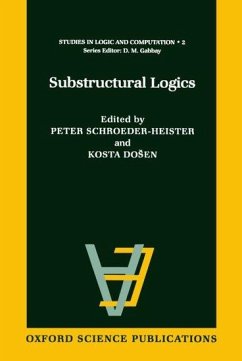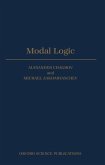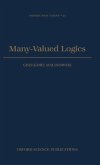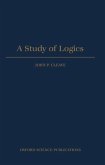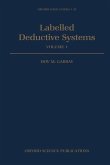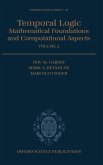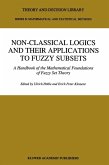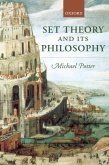The new area of logic and computation is now undergoing rapid development. This has affected the social pattern of research in the area. A new topic may rise very quickly with a significant body of research around it. The community, however, cannot wait the traditional two years for a book to appear. This has given greater importance to thematic collections of papers, centred around a topic and addressing it from several points of view, usually as a result of a workshop, summer school, or just a scientific initiative. Such a collection may not be as coherent as a book by one or two authors yet it is more focused than a collection of key papers on a certain topic. It is best thought of as a thematic collection, a study in the area of logic and computation. The new series Studies in Logic and Computation is intended to provide a home for such thematic collections. Substructural logics are nonclassical logics, which arose in response to problems in foundations of mathematics and logic, theoretical computer science, mathematical linguistics, and category theory. They include intuitionistic logic, relevant logic, BCK logic, linear logic, and Lambek's calculus of syntactic categories. Substructural logics differ from classical logics, and from each other, in their presuppositions about Gentzen's structural rules, although their presuppositions about the deductive role of logical constants are invariant. Substructural logics have been a subject of study for logicians during the last sixty years. Specialists have often worked in isolation, however, largely unaware of the contributions of others. This book brings together new papers by some of the most eminent authorities in these varioustraditions to produce a unified view of substructural logics.

